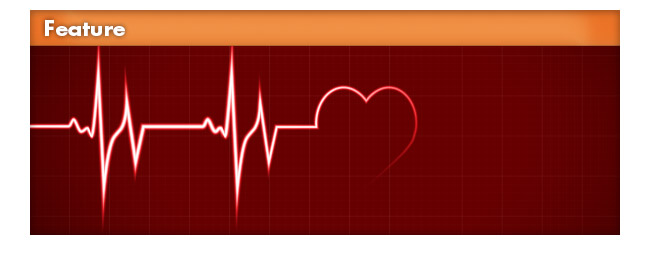| AEDs: Saving Lives in a Heartbeat
What would happen if someone in your facility experienced sudden cardiac arrest? It can happen at any time, to people of any age and affects roughly 350,000 people every year. If you don't have an automated external defibrillator (AED) nearby, you could be reducing the victim’s chance of survival.
AEDs analyze a heart's rhythm and, if deemed necessary, deliver an electrical shock. This shock, known as defibrillation, helps the heart re-establish an effective rhythm. For each minute that defibrillation is delayed, the victim's chance of survival drops by 10 percent – critical time that can slip away waiting for a first response team.1
The Red Cross believes that all Americans should be within four minutes of an AED and someone trained to use it. AEDs are the only effective treatment for restoring a regular heart rhythm during sudden cardiac arrest. The Red Cross recommends using them in combination with CPR for the most effective results.1
Fortunately, today's AEDs are easy to operate, even for people with no medical background. They are lightweight, portable and increasingly affordable. There are even units that talk the user through the procedure, helping to reduce stress and panic.
To learn more about AED options for your facility, contact your ProMed territory manager, give us a call at (800) 648-5190 or visit us online at promedsupply.com.
Reference
1 American Red Cross. Learn About Automated External Defibrillators. Available at: http://www.redcross.org/prepare/location/workplace/easy-as-aed. Accessed April 17, 2014.
| |









